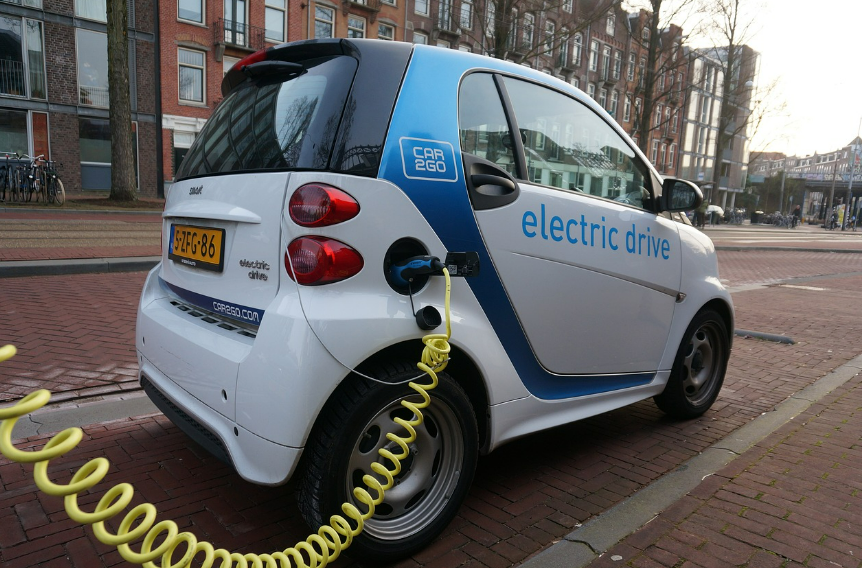100exch, Matchexch9, Laser 247.com: The electric transportation industry has seen a surge in leading companies investing in the development and production of electric vehicles. Tesla, a prominent player in this sector, has been at the forefront of innovation with their sleek and high-performance electric cars. With a focus on sustainability and cutting-edge technology, Tesla continues to shape the future of electric transportation.
Another key player in the electric vehicle market is Nissan, with their popular electric model, the Nissan Leaf. Known for its affordability and reliability, the Nissan Leaf has been a top choice for consumers looking to go green without compromising on quality. As Nissan continues to expand its electric vehicle lineup, it solidifies its position as a major player in the electric transportation industry.
� Tesla, a prominent player in the electric transportation industry, known for innovation and high-performance electric cars
� Nissan, another key player with popular electric model Nissan Leaf, offering affordability and reliability
� Nissan solidifies its position as a major player in the industry by expanding its electric vehicle lineup
Advantages of Electric Vehicles in Urban Areas
Electric vehicles offer a range of benefits in urban areas. One key advantage is their contribution to reducing air pollution. In densely populated cities, traditional vehicles emit harmful pollutants that can have a detrimental impact on public health. Electric vehicles produce zero tailpipe emissions, helping to improve air quality and create a cleaner environment for residents.
Moreover, electric vehicles are quieter than internal combustion engine vehicles, resulting in reduced noise pollution in urban settings. This can lead to a more pleasant living environment for city dwellers by decreasing the overall noise levels in busy streets and neighborhoods. Additionally, the quiet operation of electric vehicles can contribute to a more peaceful and serene atmosphere in urban areas, enhancing the overall quality of life for residents.
Challenges Facing Electric Transportation
99 Exchange, Big Exchange ID, Maxwin9: One significant challenge that the electric transportation industry faces is the limited infrastructure for charging stations. The availability and accessibility of charging points greatly influence the adoption of electric vehicles, especially in urban areas where people rely heavily on public charging networks. Without an extensive and efficient charging infrastructure, range anxiety among consumers remains a persistent barrier to the widespread acceptance of electric vehicles.
Another obstacle to electric transportation is the high initial cost of purchasing electric vehicles. Despite their long-term savings on fuel and maintenance, the upfront investment required to buy an electric vehicle is often a deterrent for many potential buyers. This cost disparity between electric vehicles and traditional fuel-powered vehicles hinders the mass adoption of eco-friendly transportation options, making it challenging for the electric transportation industry to compete effectively in the market.
What are some of the major players in the electric transportation industry?
Some of the major players in the electric transportation industry include Tesla, Nissan, BMW, and Chevrolet.
What are the advantages of electric vehicles in urban areas?
Electric vehicles in urban areas help reduce air pollution, noise pollution, and greenhouse gas emissions. They also reduce dependency on fossil fuels and can help improve public health.
What are some of the challenges facing electric transportation?
Some of the challenges facing electric transportation include the high cost of electric vehicles, limited charging infrastructure, range anxiety, and the environmental impact of producing electricity for charging. Additionally, the recycling of batteries and the disposal of old batteries pose environmental challenges.

